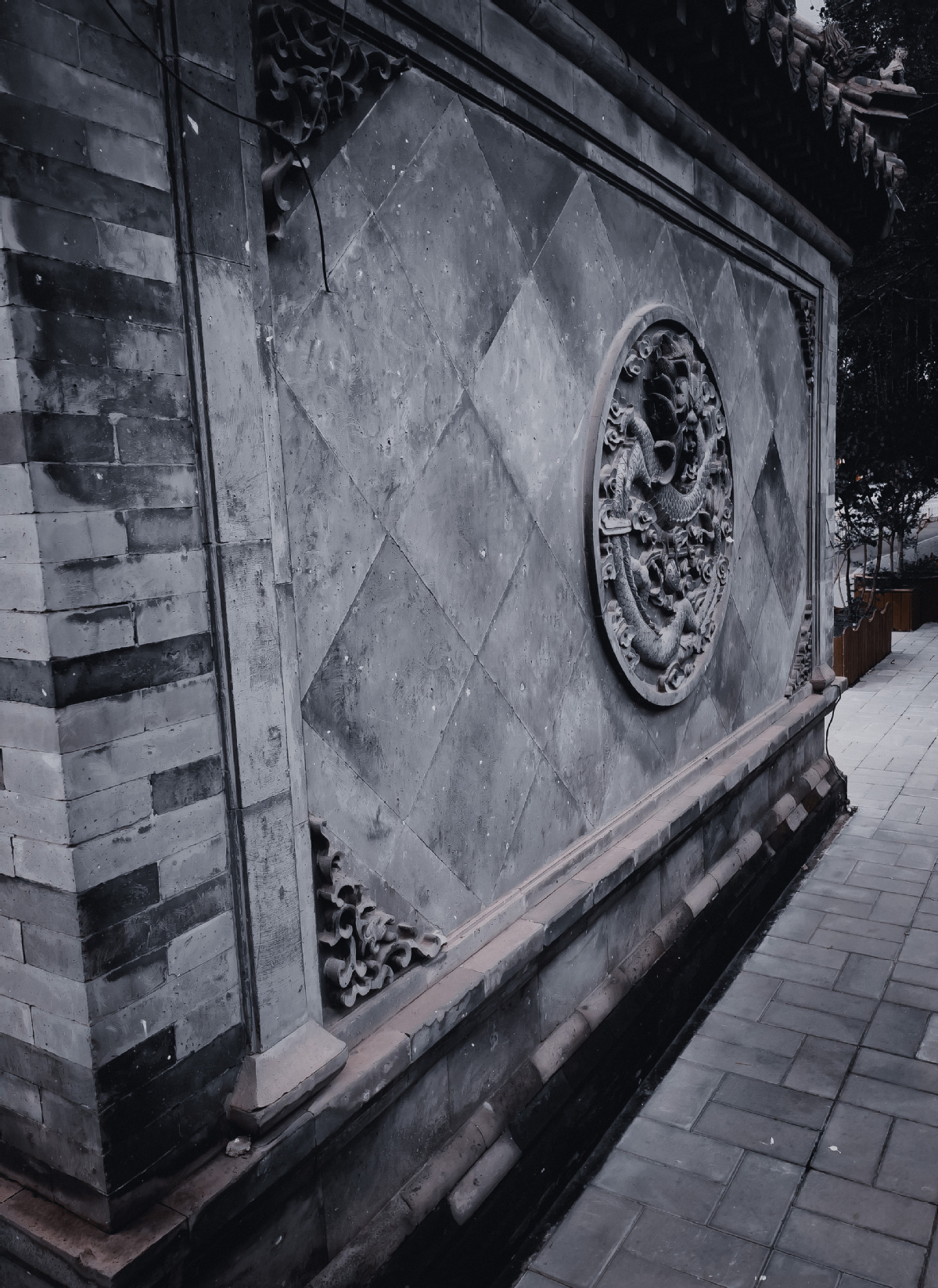

In more modern times zhaobi, or often in this case yingbi, have been adopted by many companies that practice the principals of fengshui, believing that such a structure can help with the flow of qi through their office, helping to bring good luck and wealth to their business. And who’s to say it doesn’t.
But what can be said for sure is that these compelling structures, like all the pieces of history, give us a snapshot of life at a particular time in history. Whether that is a physical embodiment of someone’s position in society, an instrument for retaining qi and defending against evil spirits, or to tell the exceptional deeds of a family’s history, they stand as a true representation of the resilience and development of Chinese history.
By evolving and adapting their function, zhaobi have been silent spectators of China’s long history and those we see today are much the same as they would have been thousands of years ago. This longevity through transformation is much like China itself, a country that places great deference towards its history but has also embraced modernization and progress.
These walls often go overlooked in favor of the grander buildings they are protecting, but their continued existence seems to be more than just to retain the ethereal qi, but to bear witness to continuous story of China.